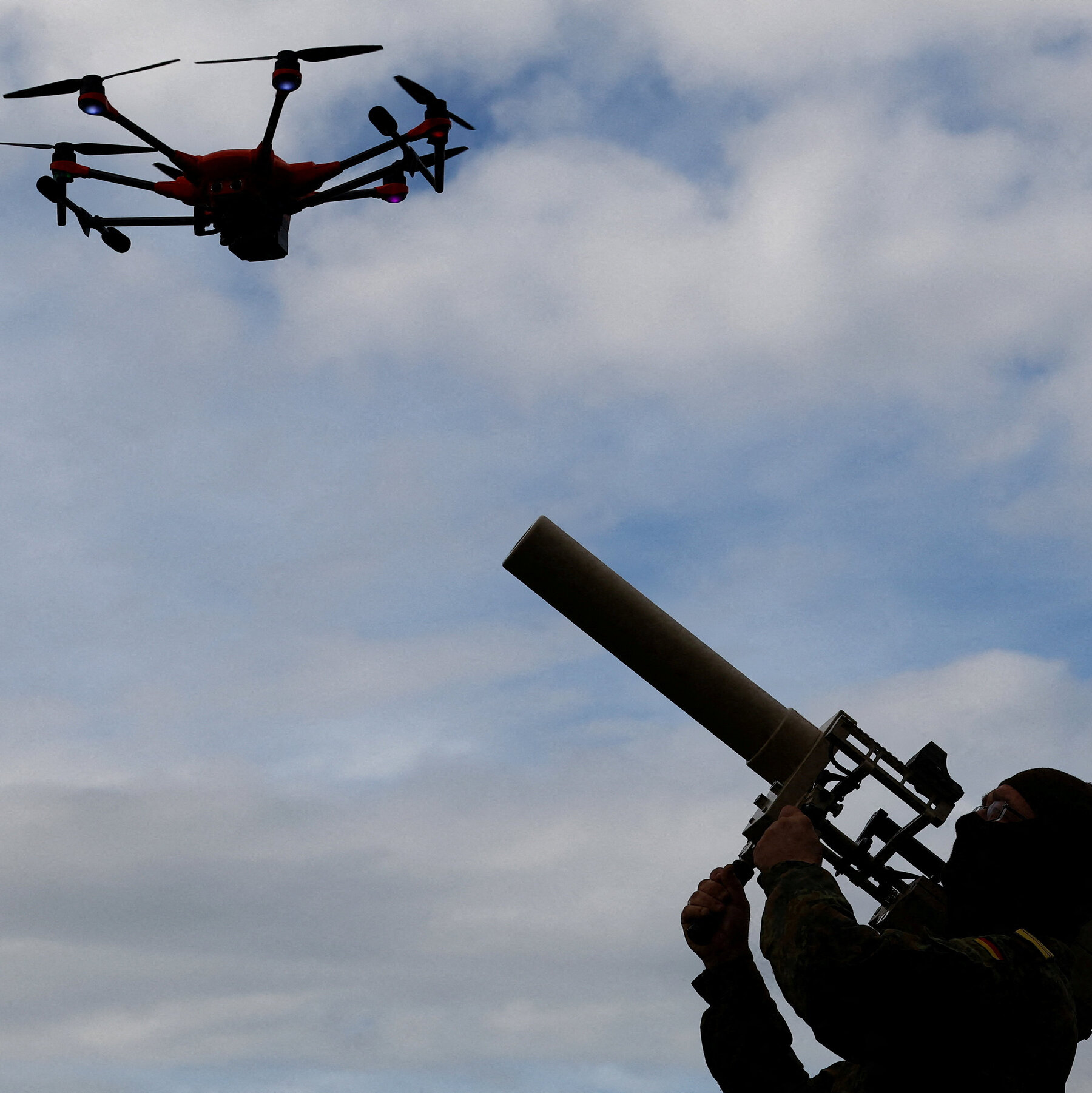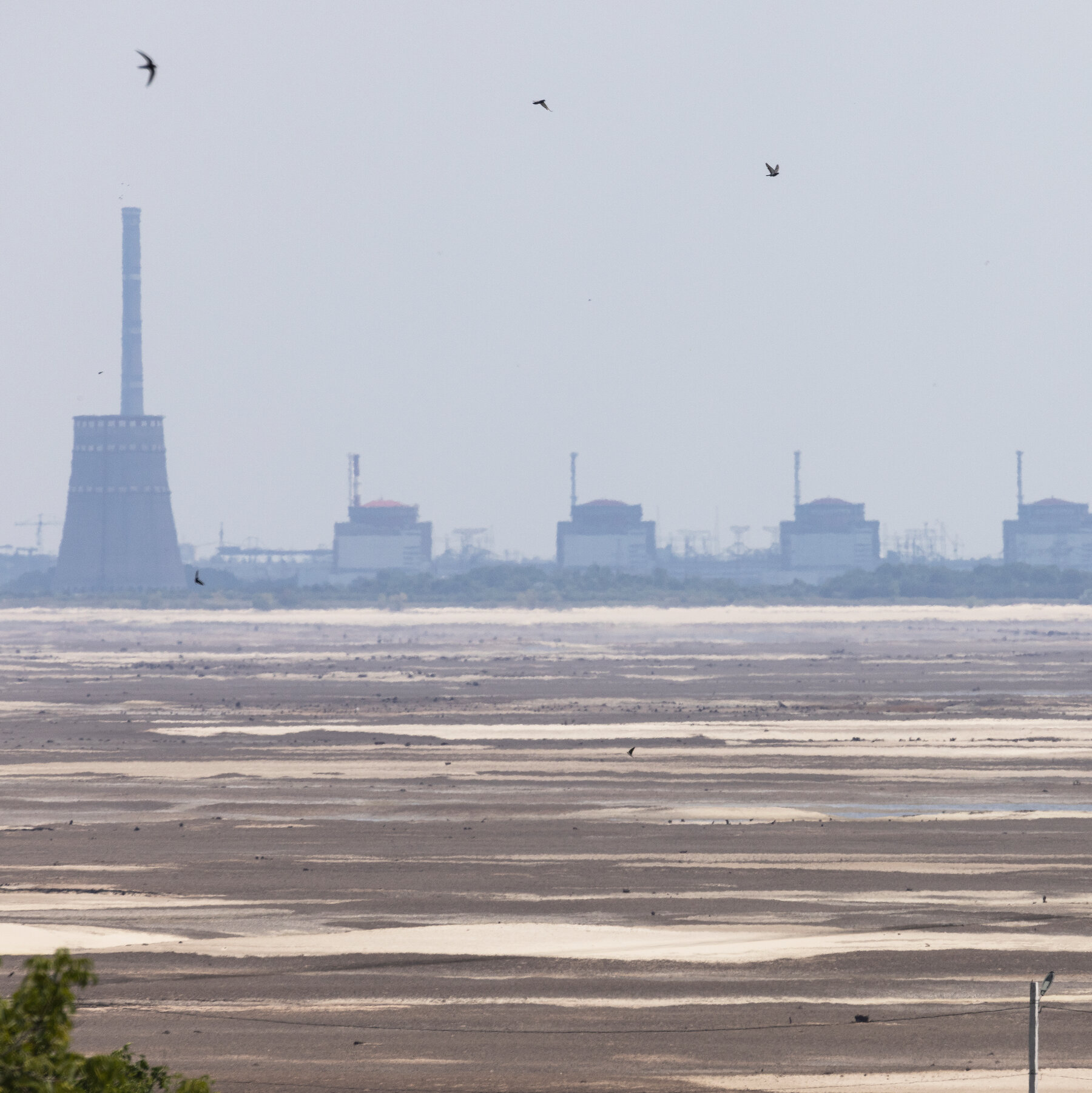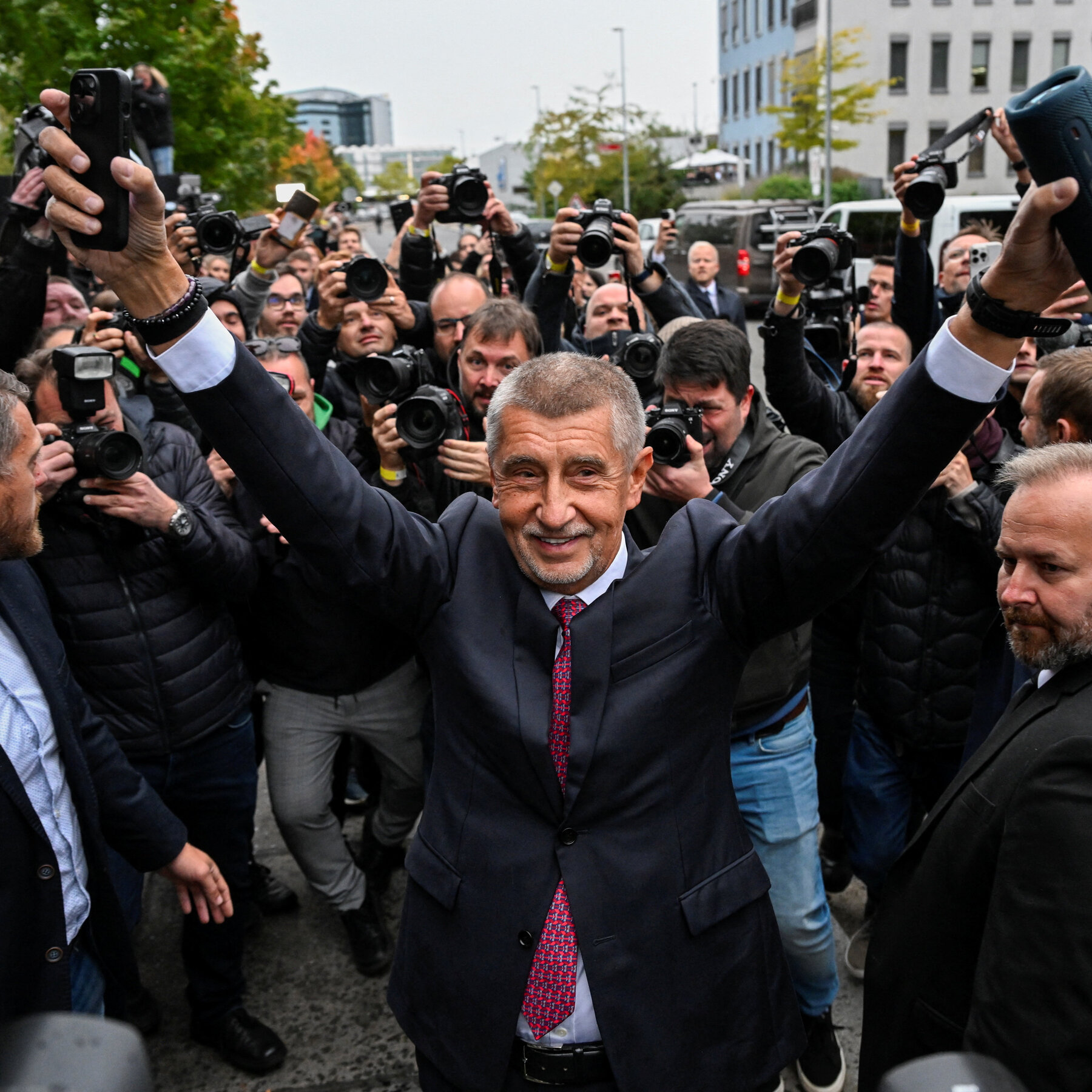Kenyan Workers Suffer Abuse Overseas While President’s Family and Allies Reap Profits
Times investigation uncovers a shadow industry tied to the Ruto administration
A recent investigation by The Times has exposed a sprawling network that exploits Kenyan migrant workers in the Gulf and other foreign markets. The report alleges that the current government, led by President William Ruto, functions as a de‑facto extension of this industry, facilitating recruitment, placement, and profit‑sharing that benefits the president’s relatives and close political allies.
The scale of the problem
According to the investigation, more than 150,000 Kenyan men and women are currently employed abroad in sectors ranging from domestic service and construction to hospitality and security. Many of them sign contracts with agencies that promise decent wages and safe working conditions, only to arrive at their destinations facing long hours, withheld pay, and physical or sexual abuse. Some workers report being locked inside their employers’ homes, denied medical care, and threatened with deportation if they speak out.
How the government is implicated
Documents obtained by the journalists show that several recruitment firms operating under the Ministry of Labour’s licensing system have direct financial links to members of President Ruto’s extended family and to senior officials in his party. Payments for “processing fees,” “visa facilitation” and “training allowances” are funneled to companies owned by the president’s brother‑in‑law and a longtime political donor.
“The state is not merely turning a blind eye; it is actively enabling the flow of workers into an abusive market,” the report states, citing internal memos that instruct officials to “expedite applications” for firms with political connections.
Dehumanising rhetoric from industry leaders
The Times also uncovered recorded statements from high‑ranking recruiters who compare female workers to “dogs” and claim that “they bring the abuse on themselves by being too outspoken.” Such language, the article argues, reflects a broader culture that blames victims rather than holding perpetrators accountable.
Human‑rights groups react
Kenyan civil‑society organisations have condemned the findings. Amnesty International Kenya issued a statement calling the situation “a modern‑day slavery scheme” and urging the government to “immediately suspend all licences of firms linked to the president’s inner circle and launch an independent inquiry.”
“When the very people tasked with protecting citizens become complicit in their exploitation, the nation’s moral fabric is torn,” said Grace Mwangi, director of the Human Rights Advocacy Forum.
Calls for accountability
Opposition parties have seized on the report, demanding a parliamentary committee to investigate the alleged corruption and to review the existing labour‑migration framework. President Ruto, however, dismissed the allegations as “politically motivated smears” and pledged to “protect the interests of Kenyan workers abroad.”
International observers warn that without swift reform, Kenya risks damaging its reputation as a reliable source of labour and may face sanctions from destination countries that are increasingly scrutinising the treatment of foreign workers.
What comes next?
The Times investigation has sparked a national debate on the ethics of labour migration, the role of political patronage in recruitment agencies, and the urgent need for stronger safeguards against abuse. As pressure mounts, all eyes are on the Ruto administration to see whether it will act decisively or continue to shield a profit‑driven industry that leaves vulnerable Kenyans at risk.





